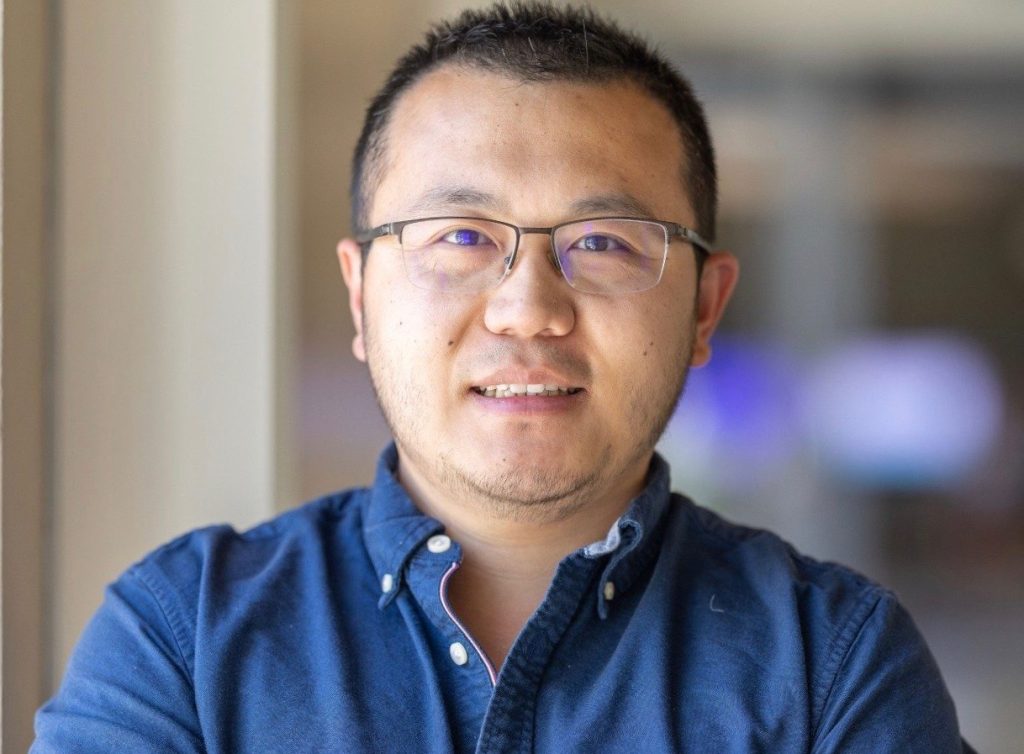Amazon-Virginia Tech Initiative awards two student fellowships, five faculty research awards

Two student Amazon Fellows and five faculty-led projects supported by the Amazon-Virginia Tech Initiative for Efficient and Robust Machine Learning for the 2024-25 academic year were named at a retreat held on the Blacksburg campus.
The initiative, launched in 2022 to advance research and innovation in artificial intelligence (AI) and machine learning, is funded by Amazon, housed in the College of Engineering, and directed by researchers at the Sanghani Center for Artificial Intelligence and Data Analytics on Virginia Tech’s Blacksburg campus and at the Virginia Tech Innovation Campus in Alexandria.
Fellowships are awarded to Virginia Tech doctoral students recognized for their scholarly achievements and potential for future accomplishments. They must be enrolled in their second, third, or fourth year and interested in and currently pursuing educational and research experiences in AI-focused fields. In addition to receiving funding for their work, the fellowship includes an opportunity to interview for an Amazon internship intended to provide them with a greater understanding of industry and use-inspired research.
The initiative’s faculty awards support machine learning sponsored research that works toward revolutionizing the way the world uses and understands this field of modern technology.
Read full story here.
